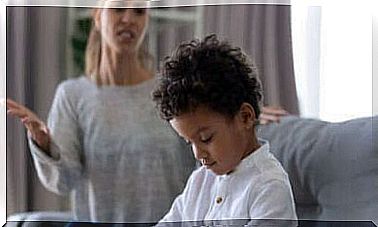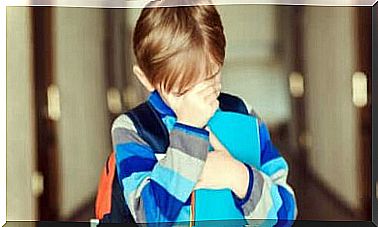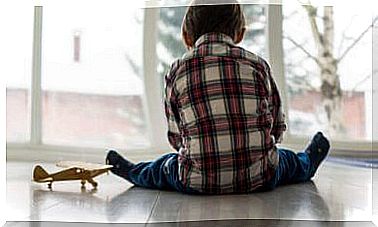Does Your Parenting Style Affect Your Children’s Personalities?
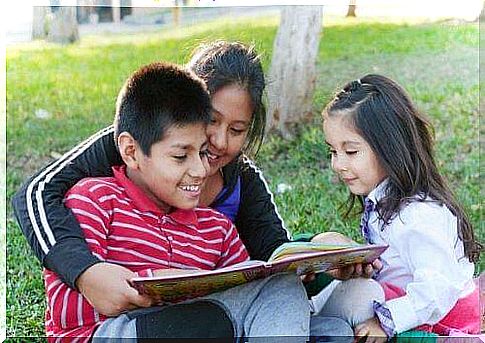
It is common knowledge that parents have a great deal of influence over how their children’s personalities develop. Social scientists believe that the family is the main agent for socialization. Therefore, parenting style plays a major role in children’s psychosocial development. But how does your parenting style really affect your children’s personalities? Read on to learn more.
Your parenting style refers to how you approach your children’s needs for guidance and discipline on a daily basis, including how to make decisions and resolve conflicts within the household. To what extent can your way of raising children affect the development of your children’s personalities?
Discipline and affection
The style that parents use to bring up and educate their children is not just a tool for introducing desirable qualities and teaching children to behave. Children also acquire a range of abilities and personal qualities as a result. There are two basic dimensions when it comes to raising children: discipline-authoritarian and affective-receptive.
Affective : This dimension is primarily based on acceptance. That is, parents convey their affection and concern for their children in a way that makes them feel comfortable and secure in their presence.
Discipline : This dimension can also be defined as control. This is when parents’ behavior towards their children is largely about introducing a set of desired behaviors.
Classification of parenting styles
The clinical psychologist Diana Baumrind (1971) was a pioneer in her research on parenting styles. She classified attitudes towards parenthood based on how they combine different dimensions of affection and discipline. Baumrind also defined four parenting styles according to these two dimensions:
Authoritarian. This parenting style is characterized by a predominant use of discipline. Parents have high expectations that their children meet the standards. In addition, this approach is largely about one-way communication.
Permissive. This style is the opposite of the authoritarian style. These parents base their philosophy on affection. They let children make their own decisions and exercise little control over them.

Neglecting : These are emotionally absent or non-involved parents. It is considered that this is the worst of the parenting styles because the parents are not present in any of the parenting dimensions.
Authoritative : This is considered the perfect parenting style, or the most appropriate. According to this view, parents strive to teach good behaviors through a system of rules based on interaction and affection.
Your parenting style affects your children’s personalities
There is no doubt that children’s upbringing has a great impact on their personalities. Their upbringing affects their academic performance, social relationships, emotional security and even their possible professional success in the future.
In Socialization in the Context of the Family, Maccoby and Martin (1983) describe each parenting style and the subsequent effects that have been noted in children’s personalities:
- Young people who have grown up under authoritarian parents often perform highly academically. But at the same time, they also have low self-esteem, no greater autonomy and few social skills.
- Permissive parenting generates high self-esteem and self-confidence. However, children tend to be egocentric, disobedient, and perform poorly in school.
- Very little self-control and aggression are some of the traits that result from parents being negligent or uninvolved. The children who are brought up in this way also have a greater tendency to have mental disorders.
- Parents who use the authoritative parenting style create a family climate based on mutual respect and cooperation. As a result , children develop a self-concept that is both realistic and positive. At the same time, they have a lot of motivation to succeed. This translates into a good academic achievement level.
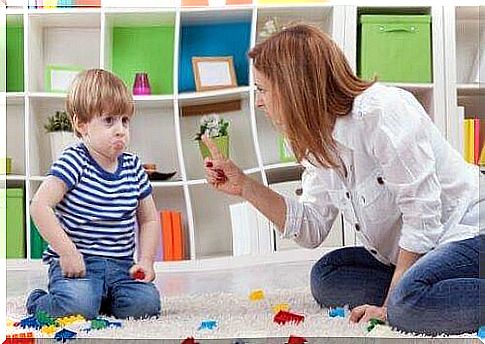
Conclusion: Reasoning with children
In summary, one should consider this theory of different parenting styles in combination with more general understandings of children’s behavior. That is, parenting styles may vary depending on the specific needs and circumstances of each family. However, it is clear that the authoritative parenting style is very effective. It also leads to good communication between parents and children.
Explaining in a motivated way the decisions we make for our children, and why we follow certain norms, shows sensitivity to the children’s needs. It creates an affective environment with the opportunity for good communication. Consequently, this will help your children develop a realistic outlook on life and a healthy, positive personality.
